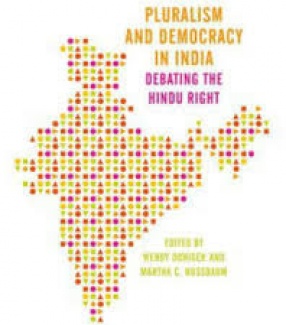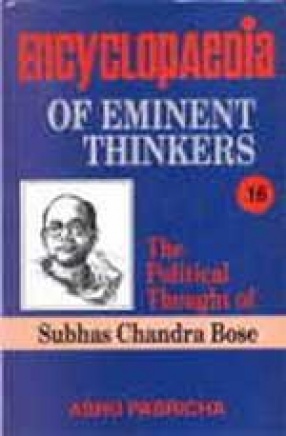Achieving social justice is one of the key challenges facing the world today. Scholars of political theory have long grappled with issues arising from it. However, as the history of ideas shows, the concept itself has undergone much change over the centuries and there is no watertight definition of what ‘justice’ connotes in the contemporary context. Going beyond the existing frontiers of social justice, this unique volume aims to develop theoretical concepts able to respond to real dilemmas facing society today. The author closely examines the classical social contract theory, one of the most widely accepted approaches to social justice in the Western tradition. She focuses in particular on the ideas of one of the greatest names in contemporary political philosophy, John Rawls, whose work developed the theory to new philosophical depths and complexity. Nussbaum moves in a fresh direction and suggests that there is an inherent limitation within the social contract theory, even in the work of Rawls–it is premised on the idea of a contract for mutual advantage among approximate equals. She demonstrates that it is unable to address questions of social justice between unequal parties. Instead she goes on to develop a theory of social justice based on the ‘capabilities approach’, which she places generally within the tradition of ‘liberal conceptions’. The author analyses three social issues which could not be resolved, or even really addressed by traditional theories of justice–the problem of achieving justice for persons with physical and mental disability, of extending justice to all citizens of the world, and lastly the problem of doing justice in relation to the treatment of ‘non-human animals’. She helps us to think more clearly about the purpose of political cooperation and the nature of political principles–and to look to a future of greater justice for all.
Pluralism and Democracy in India: Debating the Hindu Right
Wendy Doniger and Martha ...
$50.40
$56.00








There are no reviews yet.